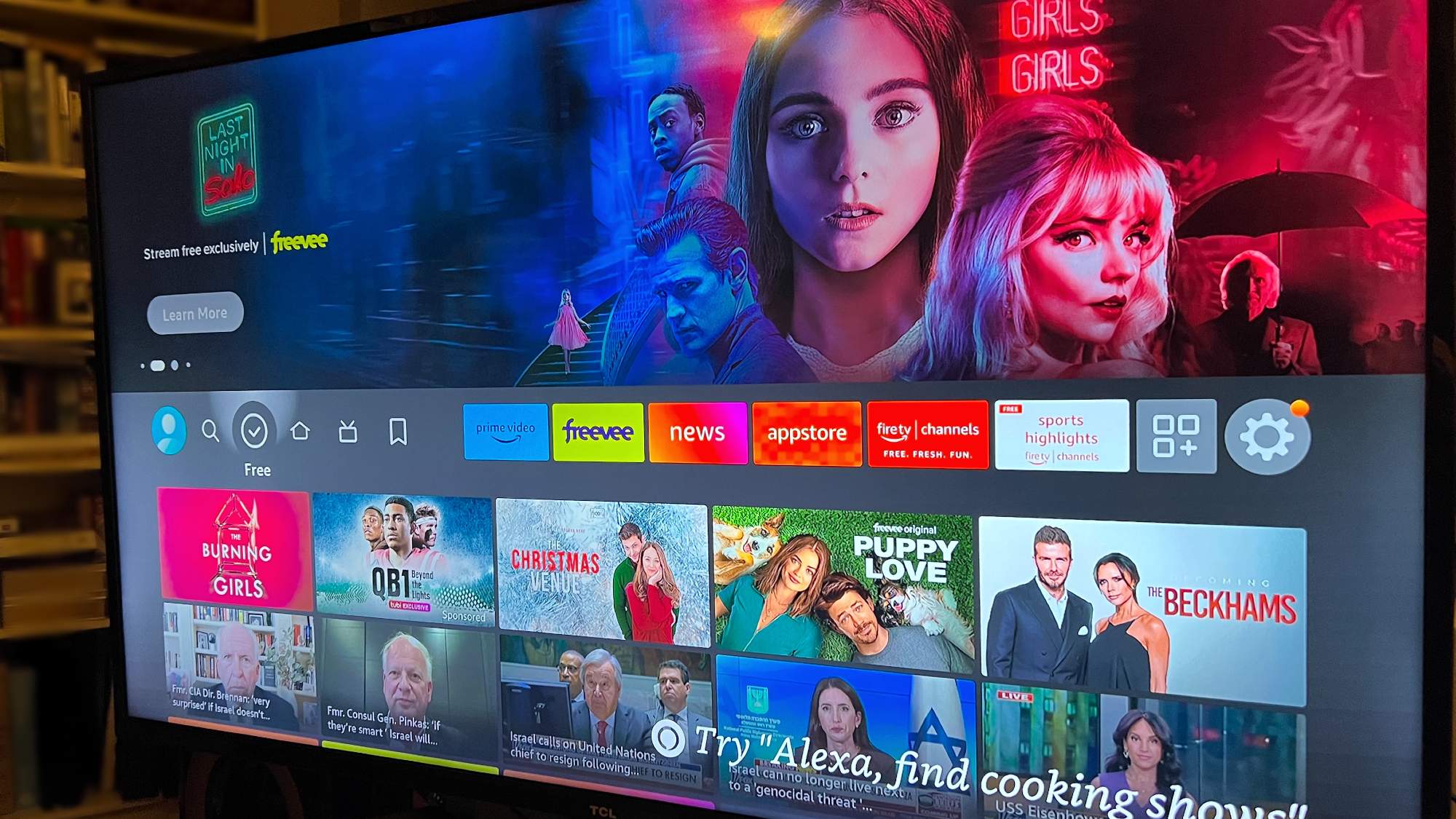
Amazon is reportedly developing a new operating system to power its ever-growing hardware portfolio. At present, the company uses its Fire OS, a fork of open source Android that sits inside the likes of the Fire TV Stick 4K Max, Fire Tablet series and Echo Show speakers. But that could be about to change — as early as next year.
According to a report in LowPass, Amazon’s forthcoming OS, codenamed "Vega", is already in the advanced stages of development and is being tested on Fire TV streaming sticks. It will be a “more web-forward application model” and take its foundation directly from Linux rather than forking from Android (which itself is Linux-based).
The reason for the change? We’re not entirely sure but we can make a few guesses. LowPass cites industry insiders claiming Amazon’s plan is to reach “hundreds of millions of eyeballs on a wide range of inexpensive devices” and, from there, “monetize those eyeballs with ads and services”.
While using open source Android for years has allowed Amazon a level of customization without jeopardising Android app compatibility, it does come with some drawbacks. Notably, the fact that Amazon’s reliance on the Android Open Source Project means it can’t keep up with Google’s in-house Android advancements.
That can be a problem when the two companies compete in hardware spaces like the best smart displays and the best Android tablets. For example, the Fire OS 7 version powering many current Amazon devices is based on Android 9 from 2018. Whereas the Google Pixel Tablet has come right out the gate on Android 14.
And if Amazon plans to extend into more hardware categories (the report mentioned in-car entertainment systems) then having a new OS built from the ground up could give Amazon far more flexibility when to implement the aforementioned monetization ideas.
Meanwhile, it seems like Amazon has also instructed app developers to switch to using Meta’s React Native as the framework for building apps for its hardware — doing so also enables those apps to work on a wide range of operating systems that include iOS and Android.
What’s more, because of its history as a mobile OS, Android’s code comes with a lot of baggage that’s not needed for running on low-cost smart home hardware. The result is a decrease in performance that wouldn’t be the case with a freshly-built “web-first” OS.
Last, but not least, moving away from Android would allow Amazon to untangle itself even further from dealings with Google and could lead to the retailer forging new and more profitable partnerships with other hardware vendors.







